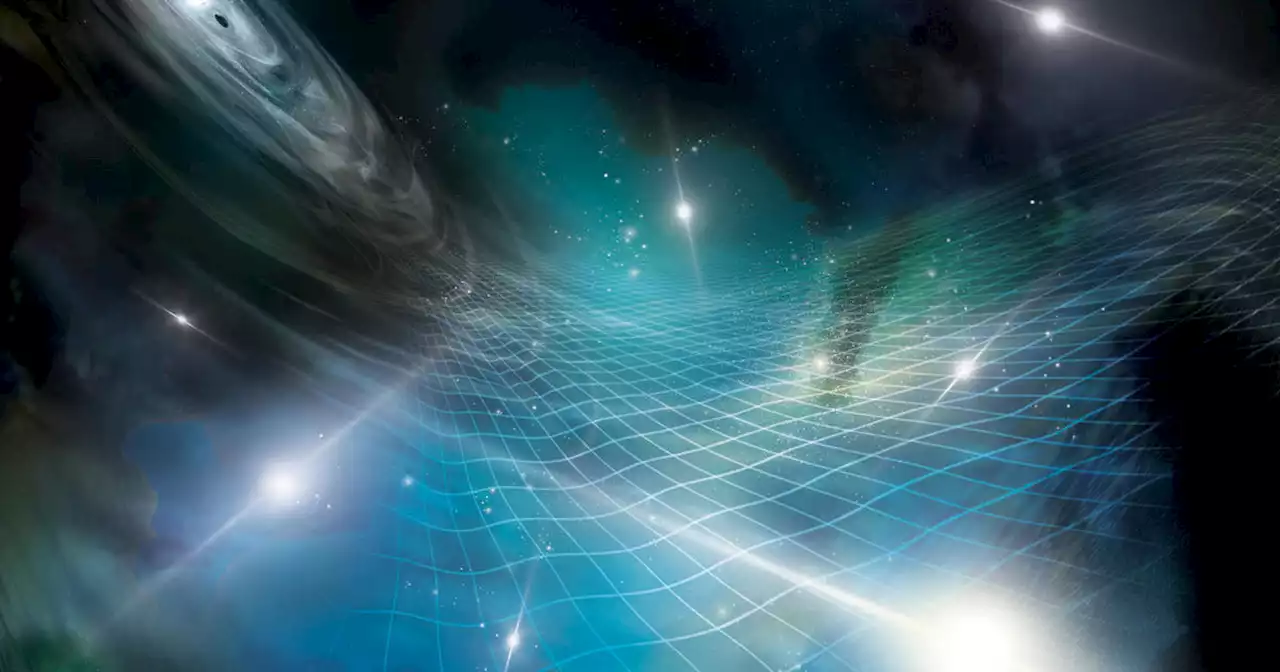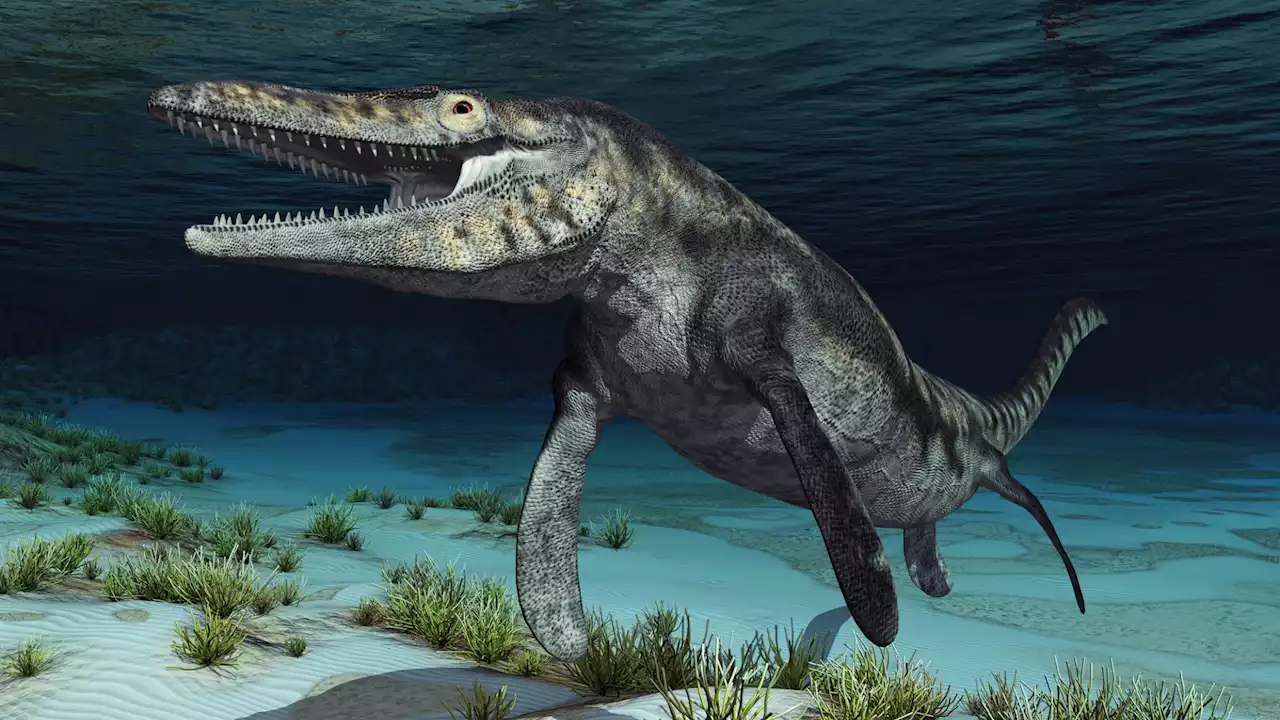Scientists have observed for the first time the faint ripples caused by the motion of black holes that are gently stretching and squeezing everything in the universe.
They reported Wednesday that they were able to "hear" what are called low-frequency gravitational waves - changes in the fabric of the universe that are created by huge objects moving around and colliding in space.
In 2015, scientists used an experiment called LIGO to detect gravitational waves for the first time and showed Einstein was right. But so far, those methods have only been able to catch waves at high frequencies, explained NANOGrav member Chiara Mingarelli, an astrophysicist at Yale University. Galaxies across the universe are constantly colliding and merging together. As this happens, scientists believe the enormous black holes at the centers of these galaxies also come together and get locked into a dance before they finally collapse into each other, explained Szabolcs Marka, an astrophysicist at Columbia University who was not involved with the research.
No instruments on Earth could capture the ripples from these giants. So "we had to build a detector that was roughly the size of the galaxy," said NANOGrav researcher Michael Lam of the SETI Institute. These bursts are so regular that scientists know exactly when the radio waves are supposed to arrive on our planet - "like a perfectly regular clock ticking away far out in space," said NANOGrav member Sarah Vigeland, an astrophysicist at the University of Wisconsin-Milwaukee. But as gravitational waves warp the fabric of spacetime, they actually change the distance between Earth and these pulsars, throwing off that steady beat.
So far, this method hasn't been able to trace where exactly these low-frequency waves are coming from, said Marc Kamionkowski, an astrophysicist at Johns Hopkins University who was not involved with the research.
United States Latest News, United States Headlines
Similar News:You can also read news stories similar to this one that we have collected from other news sources.
 For first time ever, scientists 'hear' gravitational waves rippling through the universeFor the first time ever, scientists can 'hear' the faint ripples caused by the motion of black holes that are gently stretching and squeezing everything in the universe.
For first time ever, scientists 'hear' gravitational waves rippling through the universeFor the first time ever, scientists can 'hear' the faint ripples caused by the motion of black holes that are gently stretching and squeezing everything in the universe.
Read more »
 UT Austin scientists discover first-known Jurassic vertebrate fossils in TexasResearchers at UT Austin have discovered fossilized remains of an extinct marine reptile in the Malone Mountains of West Texas. The discovery of the fossils is solid evidence of Jurassic life in the state.
UT Austin scientists discover first-known Jurassic vertebrate fossils in TexasResearchers at UT Austin have discovered fossilized remains of an extinct marine reptile in the Malone Mountains of West Texas. The discovery of the fossils is solid evidence of Jurassic life in the state.
Read more »
 The future of space exploration is a transforming, animal-like robot, scientists sayA new robot designed to mimic the movement of animals that roam Planet Earth will eventually change the way other planets and celestial bodies will be explored.
The future of space exploration is a transforming, animal-like robot, scientists sayA new robot designed to mimic the movement of animals that roam Planet Earth will eventually change the way other planets and celestial bodies will be explored.
Read more »
 Dream control: Scientists stimulate the brain to influence lucid dreamsScientists have made a breakthrough by implanting electrodes in the brain's motor cortex, allowing for the stimulation of dreams during REM sleep.
Dream control: Scientists stimulate the brain to influence lucid dreamsScientists have made a breakthrough by implanting electrodes in the brain's motor cortex, allowing for the stimulation of dreams during REM sleep.
Read more »
 Warming causes more extreme rain, not snow, over mountains and scientists say that's a problemA new study says climate change is turning major snowfalls into more extreme rain over mountains, somehow worsening both dangerous flooding like the type that devastated Pakistan last year and long-term water shortages
Warming causes more extreme rain, not snow, over mountains and scientists say that's a problemA new study says climate change is turning major snowfalls into more extreme rain over mountains, somehow worsening both dangerous flooding like the type that devastated Pakistan last year and long-term water shortages
Read more »
 Scientists discover 94-million-year-old mosasaur fossil in UtahOnce dominants of the sea in the dinosaur age, fossil specimen in the mosasaur taxon family similar to the modern Komodo Dragon was found in Utah
Scientists discover 94-million-year-old mosasaur fossil in UtahOnce dominants of the sea in the dinosaur age, fossil specimen in the mosasaur taxon family similar to the modern Komodo Dragon was found in Utah
Read more »
